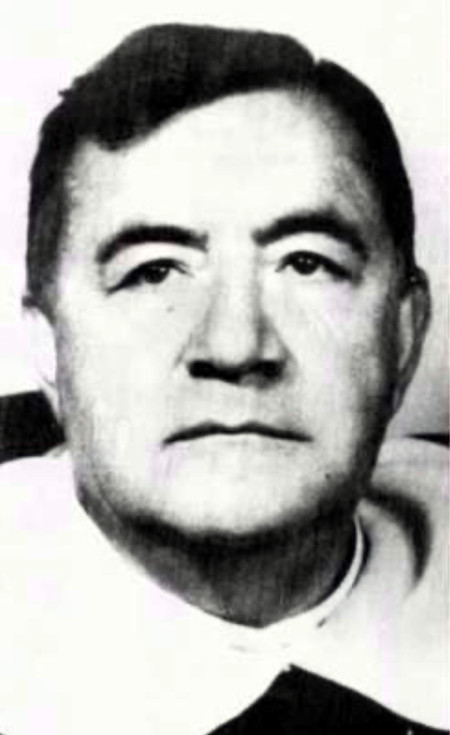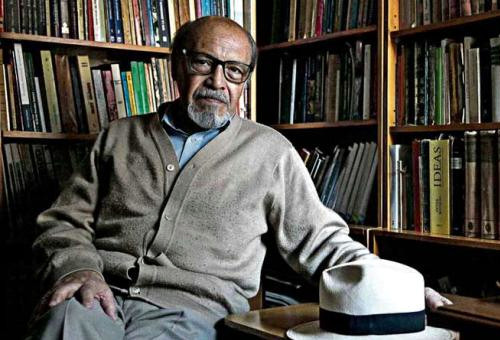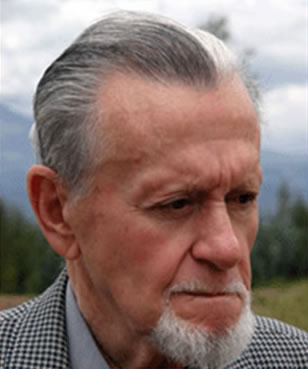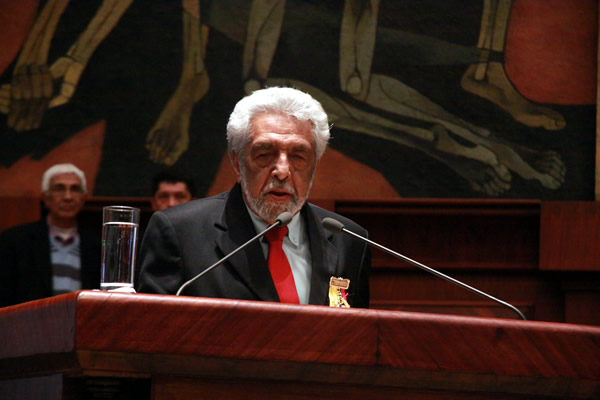Fray José María Vargas Arévalo O.P. (Chordeleg, Azuay, November 9, 1902 – Quito, March 25, 1988) was a distinguished Ecuadorian Dominican friar, historian, and author. Ordained on December 28, 1928, he made significant contributions to historical literature. His works include biographies of the 16th-century South American painter Fray Pedro Bedón and the Spanish Dominican missionary Fray Domingo de Santo Tomás. Vargas was renowned for his in-depth historical accounts of Ecuador, with notable titles like “La Cultura del Quito Colonial,” “La Evangelización en el Ecuador,” and “La Misión Científica de los Geodésicos Franceses en Quito.” His outstanding contributions to Ecuadorian culture were honored in 1984 when he was awarded the prestigious “Premio Eugenio Espejo” in the category of Culture.
Early Life and Education
Fray José María Vargas Arévalo O.P. was born on November 9, 1902, in Chordeleg, Ecuador. Originally named Celso Pompilio Vargas Arévalo, he adopted the name José María upon joining the religious order. His early years were marked by a deep inclination towards spirituality and learning. Vargas pursued his higher education in Philosophy and Theology in Quito, a pursuit that laid the foundation for his extensive scholarly work. His commitment to academic excellence led him to further his studies in History, including specialized training at the Archivo de Indias in Sevilla. He completed his doctorate in Madrid, a testament to his dedication and intellectual rigor.
Career
Ordained as a priest in 1928, Fray Vargas embarked on a career that seamlessly blended his religious vocation with historical scholarship. His work as a Dominican friar was interwoven with his academic pursuits, particularly in the fields of ecclesiastical history and colonial studies. Vargas’s passion for history took him beyond the confines of traditional religious studies, placing him at the forefront of historical research in Ecuador.
Writing
Fray Vargas was a prolific writer, with his works focusing primarily on the spiritual conquest of the Incan Empire and the rich colonial art of Quito. His writings delve into the complex interplay between colonial powers and indigenous cultures. His notable works include detailed studies on Ecuadorian colonial culture, the influence of the geodesic mission in Quito, and the organization of the Church under Charles V. Through his writings, Vargas offered insightful perspectives on the historical and cultural developments in Ecuador during the colonial period.
Personal Life
As a Dominican friar, Fray Vargas led a life dedicated to spiritual and academic pursuits. His personal life was deeply intertwined with his religious commitments, reflecting a devotion to both faith and intellectual inquiry. This dedication shaped not only his professional career but also his personal identity and interactions with the world around him.
Death and Legacy
Fray José María Vargas Arévalo passed away on March 25, 1988, in Quito. His death marked the end of an era in Ecuadorian historiography. Vargas left behind a rich legacy as a historian and writer, whose works continue to influence the understanding of Ecuador’s colonial past. His scholarly achievements were recognized in 1984 when he was awarded the prestigious Eugenio Espejo Prize in Culture, affirming his significant contribution to Ecuadorian cultural history.
Works
- La Cultura del Quito Colonial
- Nuestra Señora del Quinche
- Arte Quiteño Colonial
- La Misión Científica de los Geodésicos Franceses en Quito
- La Conquista Espiritual del Imperio de los Incas
- Ecuador: Monumentos Históricos y Arqueológicos
- La Conquista Espiritual y Organización de la Iglesia Indiana Durante el Gobierno de Carlos V
- Gil Ramírez Dávalos: Fundador de Cuenca
- Don Hernando de Santillán y la Fundación de la Real Audiencia de Quito
- La Evangelización en el Ecuador



